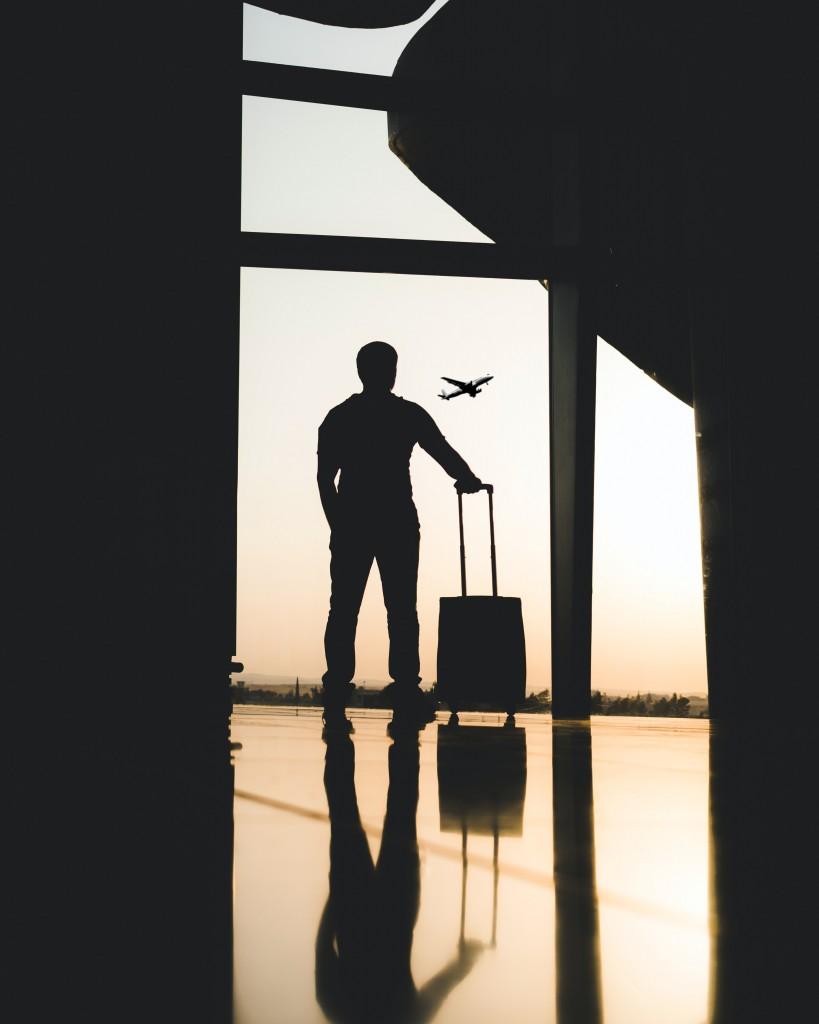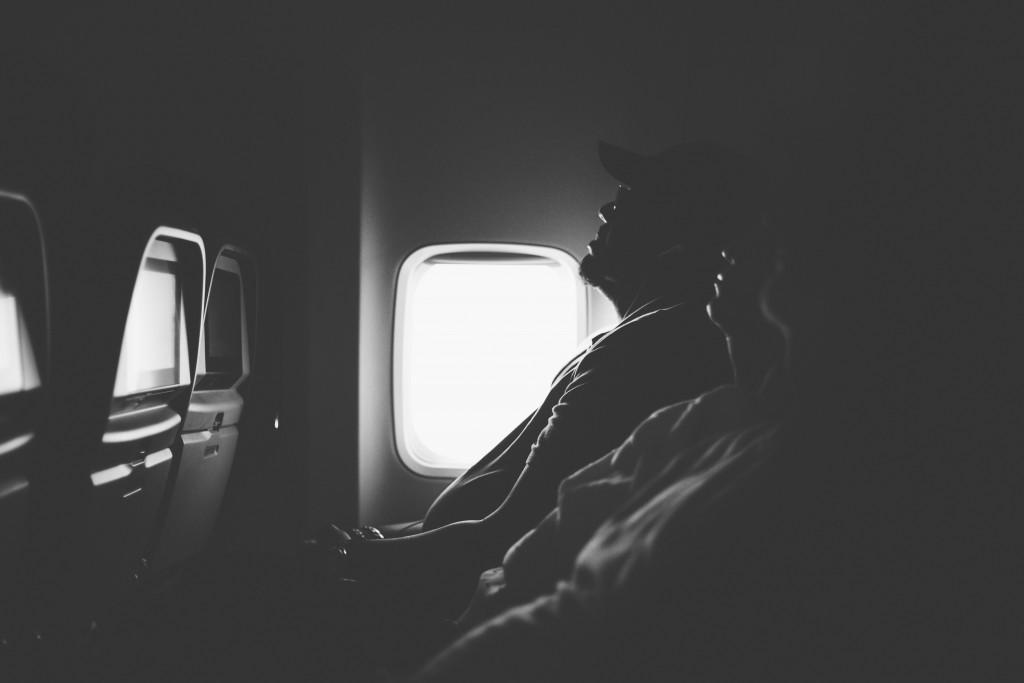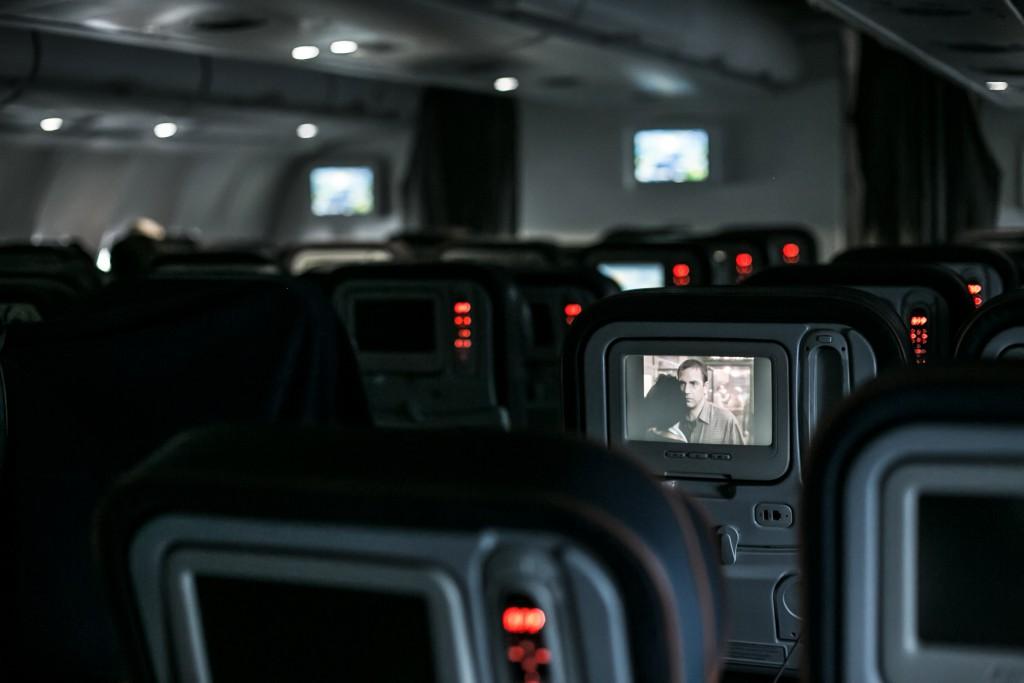Think ‘long-distance flight’ and the anxiety levels of even the hardiest of travellers can peak. They’re infamous for their inconvenience and unpleasantness.
The hassle of checking in early at an airport counter, the stress in security lines, a wait to board and get seated, and then hour after seemingly unending hour trapped in a small aluminum tube at 36,000 feet can make flying a seriously taxing event.
And yet millions of us have done it and realised upon landing, ‘I’m here now. That was OK.’
That optimism you feel after landing might be followed by a smile and a quick chat to your fellow passengers whom you’ve been deliberately avoiding over the past 12-plus hours. It feels safe to engage in some polite conversation knowing that you no longer need share your personal space with the strangers around you. Yet despite the sunniness in your post-landing disposition there is the uncomfortable knowledge that you’re going to have to deal with the trauma you’ve just put your body clock through. Jet lag is heading your way and if you’re ill prepared to understand or deal with it then your mood and health can suffer for days.
battleface looks at why jet lag happens, what its effects are, and how you can minimise its impact
Circadian rhythm is the term given for you own body clock that signals when to stay awake and when to sleep which is a critical factor in physical and mental health. Jet lag occurs when your body clock remains synced to the time zone where you boarded the flight and not the time zone of where you’ve landed.
Sun, light and sunlight
A key influence on your internal clock is sunlight. Your regular, daily exposure to the sun influences the production and regulation of melatonin, a hormone that helps synchronize cells throughout the body and lets you know when to rest and wake. Deprivation of natural sunlight inside a plane reduces the brain’s capacity to release melatonin of the right amounts at the right time which becomes a trigger for jet lag.
Humidity and dehydration
While its well-known that all airplanes are pressurized to create a safe environment for pilots, crew and passengers, few may realize the physical impacts of travelling in an artificial atmosphere. The fluctuating pressure levels are typically higher than those at sea-level and though the air is clean, its humidity levels are low which can quickly dehydrate passengers and add to the effects of jet lag.

What does jet lag feel like?
Think of jet lag as a general malaise on your wellbeing – you don’t feel sick, but you don’t feel sprightly or energetic and even after sleeping you can feel tired and lethargic.
What are the symptoms?
The symptoms of jet lag vary. You may suffer one, or many effects on your circadian rhythms after a long-haul flight including:
Daytime fatigue – at a time of day when you’re normally brimming with energy, jet lag can sap you
Concentration spans – focusing and functioning at your usual level can be impaired
Disturbed sleep – insomnia, excessive sleepiness and early waking are all signs you’re jet lagged
Stomach problems – constipation or diarrhea are common ailments after long-haul flying
Mood – fluctuating moods and a general feeling of despondency can also be attributed to jet lag
The severity of jet lag is likely to increase the longer the flight and number of time zones that you cross. It’s also more impactful when flying east as you lose time, rather than flying west when you’re going ahead of your normal time zone.
The good news is that jet lag is a temporary condition and there are simple steps you can take to help prevent or minimize it.

What to do BEFORE you fly
Knowing that you’re going to put your body and mind through a stressful number of hours should indicate that you avoid stress before flying. Get some quality sleep in the days leading up to travel, pack early and have a plan to get to the airport at the right time. Think about how you can minimize your travel stress though simple planning and practical steps to keep you chilled.
Think about these tips WHEN you’re in the air
Staying hydrated is key to beating the jet lag syndrome – and critical to this is the avoidance alcohol and caffeine intake (if possible). Water, and only water, can replenish the fluids you’ll lose in the low humidity environment and when the meal choices come around, head for the lighter options that have more vegetable and fruit above heavy, calorie-rich or fatty snacks.
Although the flight may be long and the movie selection boring, you should not sleep if the hour does not correspond with the time zone you’re landing in. Syncing your body clock as early as you can to the new time is an effective strategy. Think of it as living the ‘same day’ as your destination as you fly.
Although there are times when you absolutely must stay in your seat, remaining sedentary during the flight is not healthy and walking, standing and stretching intermittently will reduce the risk of blood clots and stiffness and improve your flight mood.

Feel better now you’ve LANDED
Respecting the time zone of your destination is crucial to avoiding longer effects of jet lag. If it’s night or early morning, then sleep and if its not, then stay awake and get some light exercise and sunlight. Recalibrating your circadian rhythm will happen quicker with movement, sunlight and sleeping at the right time.
If you can avoid caffeine and alcohol for a couple of days then this too will benefit your wellbeing. Finally, if you are exhausted and need to nap, try and keep it to 30 minutes max.









